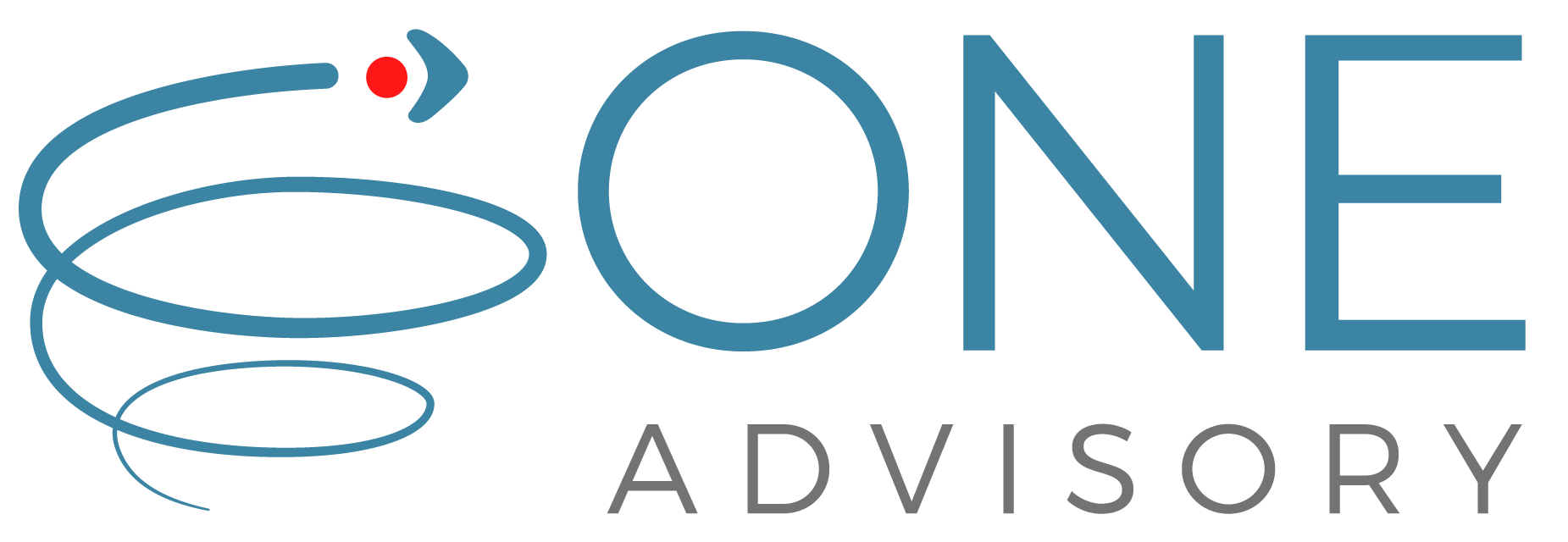Amendments to IFRS 3 Business Combinations (effective 1 January 2020)
Click here to download our Expert Guide
Amendments to IFRS 3 Business Combinations (effective 1 January 2020)
In October 2018, the International Accounting Standards Board (“IASB”) issued amendments to IFRS 3 Business Combinations that are effective for annual reporting periods beginning on or after 1 January 2020 and are applied prospectively. Earlier application is permitted.
The amendments clarify the definition of a business, with the objective of making it easier for companies to determine whether a transaction should be accounted for as a business combination or as an asset acquisition.
Previous Definition
A business consists of inputs and processes applied to those inputs that have the ability to create outputs. Although businesses usually have outputs, outputs are not required for an integrated set to qualify as a business. The three elements of a business are defined as follows:
(a) Input: Any economic resource that creates, or has the ability to create outputs, when one or more processes are applied to it. Examples include non-current assets (including intangible assets or rights to use non-current assets), intellectual property, the ability to obtain access to necessary materials or rights and employees;
(b) Process: Any system, standard, protocol, convention or rule that, when applied to an input or inputs, creates or has the ability to create outputs. Examples include strategic management processes, operational processes and resource management processes. These processes typically are documented, but of an organised workforce having the necessary skills and experience following rules and conventions may provide the necessary processes that are capable of being applied to inputs to create outputs. (Accounting, billing, payroll and other administrative systems typically are not processes used to create outputs.); and
(c) Output: The result of inputs and processes applied to those inputs that provide or have the ability to provide a return in the form of dividends, lower costs or other economic benefits directly to investors or other owners, members or participants.
New Definition
A business consists of inputs and processes applied to those inputs that have the ability to contribute to the creation of outputs. The three elements of a business are defined as follows:
(a)Input: Any economic resource that creates outputs, or has the ability to create, contribute to the creation of outputs, when one or more processes are applied to it. Examples include non-current assets (including intangible assets or rights to use non-current assets), intellectual property, the ability to obtain access to necessary materials or rights and employees;
(b)Process: Any system, standard, protocol, convention or rule that, when applied to an input or inputs, creates outputs or has the ability to contribute to the creation of outputs. Examples include strategic management processes, operational processes and resource management processes. These processes typically are documented, but the intellectual capacity of an organised workforce having the necessary skills and experience following rules and conventions may provide the necessary processes that are capable of being applied to inputs to create outputs. (Accounting, billing, payroll and other administrative systems typically are not processes used to create outputs.); and
(c)Output: The result of inputs and processes applied to those inputs that provide goods or services to customers, generate investment income (such as dividends or interest) or generate other income from ordinary activities.
Key difference
The purpose of many asset acquisitions is so that the buyer can lower costs in their existing business rather than to generate income from a substantive process. The new definition of a business removes the references to both lower costs and to providing a return to shareholders and instead focuses on providing good and services to customers.
Effect for companies in 2020
Companies acquiring a group of assets in 2020 that may previously have been considered the purchase of a business under IFRS 3 Business Combinations may now be able to conclude that they have acquired a group of assets rather than a business. If companies can conclude that they have not purchased a business, the asset purchase will fall outside the onerous requirements of IFRS 3 Business Combinations.
